Our stake’s vision consists of living the “doctrine of Jesus Christ,” “sacred covenants,” and “hastening to His holy house.” The vision inspires our stake leaders to focus all their talks and themes around obedience and The Covenant Path. There is a story that the stake primary president told me and my presidency and then I heard it again from a Stake Counselor at our ward conference. The made-up parable is about two children who are hiking to the Y in Provo. The hike is strenuous and difficult for little legs. One child chooses to hold a parent’s hand while the other chooses to walk independently.
The moral both stake leaders relayed was that both children hike the strenuous trail, both arrive at the iconic Y, but only one receives the benefits of their parent’s help. This, they present, is similar to the journey of life and when we fulfill and keep our covenants, our climb is easier, more enjoyable, and more companionable with God. I understand why some members love and retell this parable. They relate to the child who holds their parent’s hand – they connect positive experiences they have had with God “holding their hand” on their path through life.
However, and this is where I will overindulge in the parable, I hate this story. Clearly, these two children have different personalities, priorities, and values – one independent, one obedient. Perhaps, the independent hiker participates in all of the covenants and rituals of the church but feels nothing, searches around for God, and finds no one. Perhaps, this child can’t see the hand extended but hears the words of encouragement from friends, feels the slight push from behind from the wind, and smells the ripe nature blossoming around her. Perhaps, she starts realizing that God isn’t walking beside her but within her.
What about the neurodivergent, the mentally ill, the traumatized child who has learned that God’s hand does not exist in the ways everyone else says it does? What about the child who is pulled off the path for reasons beyond their understanding? What about the child who feels confined and trapped staying on the path made for someone else? What about the child who loves to feel the wind in their face as they explore the wilderness alone?
In conclusion, I see that some people are born on the path, the covenants are written and designed for these people who can walk the path and see the hand and hear God’s word, but for all the rest of us, who begged and listened and tried and tried and tried to find the elusive hand of god, we don’t walk the path alone. We aren’t choosing to not see the hand supposedly extended toward us, offering an easier life, we just really can’t see it – so we hold our own hand or the hands of our friends and find God in that.






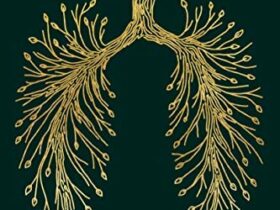


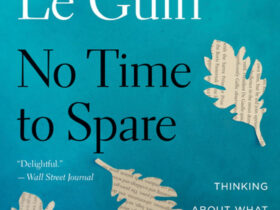




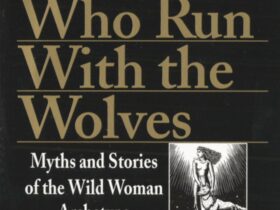




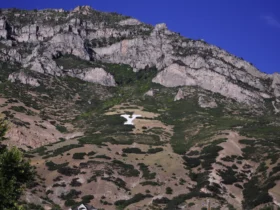





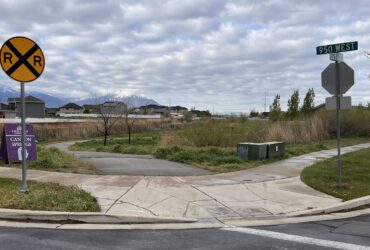
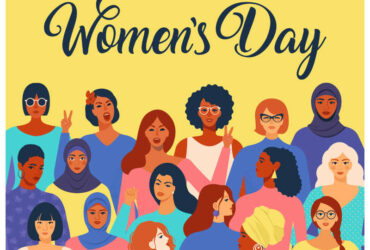
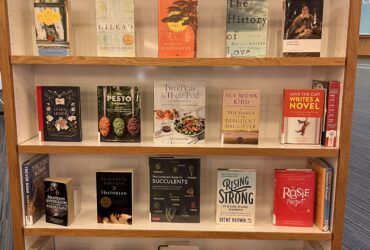
Leave a Reply